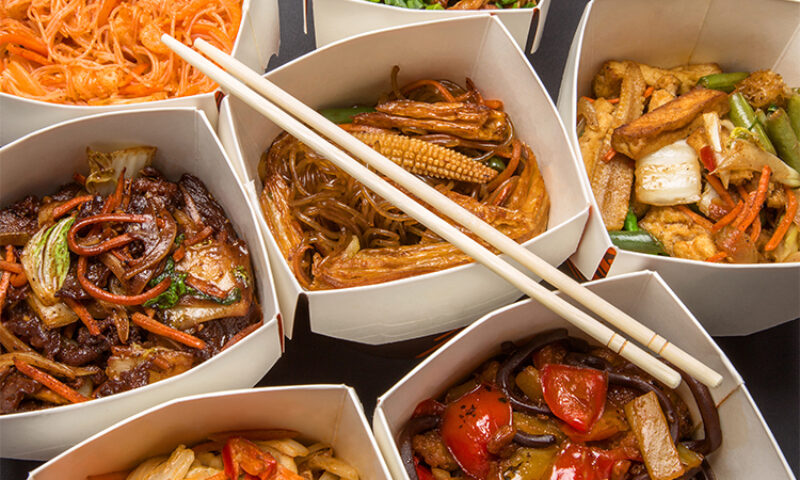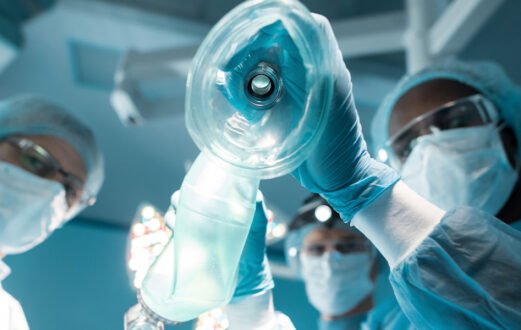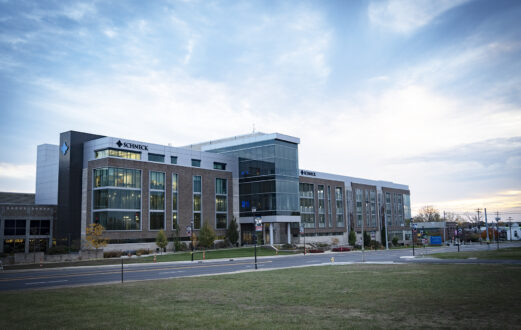Nutrition Guide
Proper nutrition impacts pre- and post-operation. You and your doctor, and/or a dietician, will meet to address nutritional expectations beforehand. Your diet may be optimized based on the condition being treated. You will discuss what you should eat in the days leading up to the procedure, on the day of if at all, and as you recover.
Pre-Surgery
Protein is the most vital nutrient you’ll want to include in your daily meals. Our providers suggest eating three meals/day, all high in protein. You can find protein in meats such as chicken, beef, and pork. If you are vegetarian/vegan, protein can be found in beans, tofu, and nuts. Protein will bolster and maintain your muscles, so you don’t risk muscle loss post-operation.
Apart from protein, you’ll want to keep a well-balanced diet of dairy, fruits and veggies, and grains. Your provider will tell you exactly what you should eat and how much.
You may need to adjust your diet right before your surgery. Oftentimes, your doctor will suggest you eat a lighter meal that still contains the required nutrition 12 hours before the surgery. You may also need to eat something lighter yet fi lling, such as oatmeal, about 6 hours before the surgery. In the hours leading up, stick with clear liquids only—like water or tea—but stop all drinking 2 hours before your procedure. Please note that some surgeries require you to fast long before 2 hours from the procedure, so your day-of diet will wholly depend on your surgeon’s recommendations.
We encourage patients to limit eating before surgery to avoid the risk of pulmonary aspiration. If there is any food or liquid still in the stomach come surgery time, there is a chance it could go to the lungs. This is because the breathing tube used during surgery will pump air down the throat and potentially push stomach contents up into the throat and lung area. The reflexes that help keep obstructions from the airways are disengaged while under anesthesia from surgery, so if food or liquid does travel to the lungs, it could get lodged, leading to pneumonia or suffocation.
Post-Surgery
After the surgery, you may need to adjust your diet again. You should still stick with well-balanced meals that are rich in protein; however, there are other vitamins and minerals to include that will help with the healing process. For instance, zinc is a vitamin used for healing wounds and can be found in foods like avocados, spinach, and cashews. Vitamin C strengthens your immune system, wards off infection, and can be found in fruits like oranges and grapefruits. Lastly, your doctor will most likely prescribe pain medication after your surgery, which can cause constipation. Because of that, you should include fiber to encourage bowel movements. Fruits, vegetables, and grains are all good sources of fiber. Likewise, avoid foods that cause constipation, like dairy or fried food.
Some people report losing their appetite after surgery, which is fairly typical. If that’s the case for you, we suggest trying protein shakes as part of your daily food intake—it won’t feel like you’re eating a meal, but it still off ers the necessary nutrients you need to heal and maintain your strength.
Hydration
Drinking fluids is essential throughout life, but it is especially important before and after surgery. It works to prepare your body for the procedure you will undergo, giving you energy and strength and aiding in recovery.
Schneck suggests you drink at least 64 ounces of water/day, or about 8 eight-ounce glasses. However, you may need to drink more, depending on your situation. Your provider will give you a personalized plan to ensure you drink the necessary amount of water.
Lifestyle
We may recommend you modify your lifestyle before the operation, so your body is prepared. Avoiding smoking and drinking alcohol is strongly encouraged.
Smoking affects your heart and lungs. When you’re under anesthesia during surgery, you’re at a greater risk of breathing complications if you smoke. Also, you’ll most likely need a ventilator, a machine that helps you breathe, after surgery.
Alcohol dehydrates you. So, when you’re on the mend from your operation, it’s in your best interest to avoid drinking alcohol until you are fully healed. You shouldn’t be drinking alcohol post-surgery anyway if you’re on a prescription pain medication, as those two don’t mix and can cause medical complications.
Furthermore, exercise is beneficial leading up to surgery. It strengthens not only your muscles but also your heart health. Together, these two factors will contribute to a faster recovery. After your operation, it’s important that you gently start up your workout routine again if you have one. You don’t want to pick up where you left off when your body is still readjusting after surgery. The team at Schneck will tell you what to expect and how far you can push yourself in your recovery.





